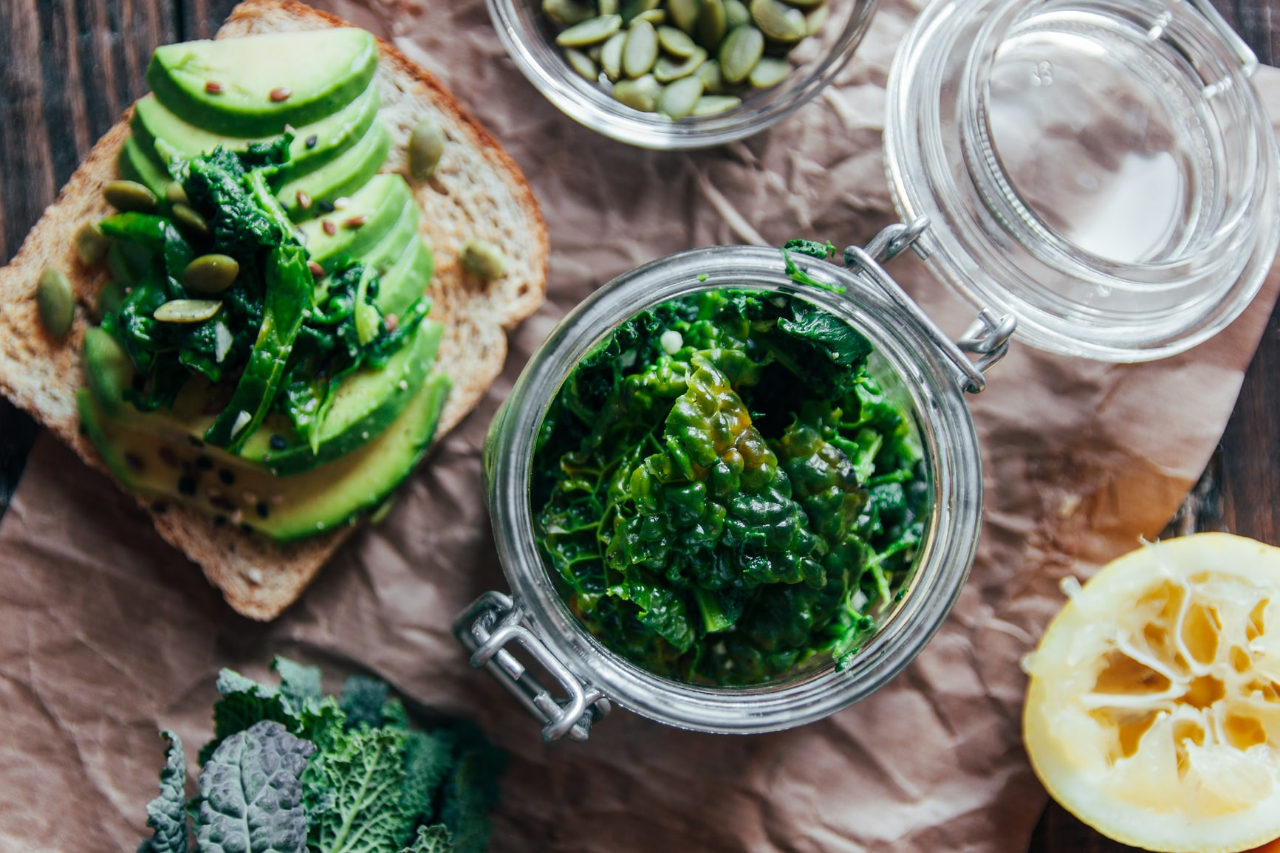Written by Medibank
March 2025
Type 2 diabetes is a condition that affects the way the body processes blood glucose (sugar). There are several risk factors, some of which are out of your control – like your family history, age, and ethnicity. But there are some that you can do something about.
Staying physically active and eating a healthy diet are great ways to prevent or delay the onset of type 2 diabetes. In fact, it’s estimated that up to 58 per cent of cases can be prevented or delayed by maintaining a healthy weight, doing regular exercise, and having a healthy eating plan1.
If you’re at a higher risk of developing the condition, here are some diet tips to keep in mind.

How can your diet prevent or delay the onset of type 2 diabetes?
A diet to prevent or delay the onset of type 2 diabetes shouldn’t be too different to a healthy diet for someone who doesn’t have the condition. While it’s always important to seek dietary advice from your GP or an Accredited Practicing Dietitian, the Australian Dietary Guidelines recommend eating a variety of food from the five food groups.
The five food groups contain food like:
- proteins like lean meat and poultry, fish, eggs and tofu
- a wide range of fresh fruit and vegetables
- wholegrain and high-fibre grain foods such as bread, cereal, rice, pasta, oats, wholegrain couscous and quinoa
- milk, cheese and yoghurt, and their (mostly reduced fat) alternatives
- polyunsaturated and monounsaturated fats such as oils, spreads, nut butters/pastes and avocado
Are you already living with type 2 diabetes? Find out how diet and exercise can help manage your condition: Managing type 2 diabetes in 5 ways
What not to eat
To prevent or delay type 2 diabetes, the Harvard School of Public Health suggests these key steps:
Choosing whole grains and whole-grain products over refined grains and other highly processed carbohydrates.
Skipping sugary drinks, and drinking water, coffee and tea instead.
Opting for healthy fats, such as extra virgin olive oil, nuts and seeds.
Limiting red meat and avoiding processed meat; and opting for nuts, beans, legumes, whole grains, poultry or fish instead.
Healthy food swaps – such as eating wholegrain bread instead of white bread, or spreading it with avocado instead of butter – can go a long way toward making your diet more nutritious.
If you’re living with type 2 diabetes, there’s lots more you can do. Check out: 10 tips for diabetes-friendly food.
What else can you do to prevent or delay type 2 diabetes?
It may come as no surprise that other than a healthy diet, the things you can do to prevent or delay the onset of type 2 diabetes are good advice for everyone:
Maintain a healthy weight
Maintaining a healthy weight reduces the risk of developing type 2 diabetes. Even losing 5-10% of your body weight can make a big difference.
Be active
Exercise helps control your blood glucose (blood sugar), keeps your heart healthy, and improves your overall health and wellbeing.
Manage your blood pressure
Although high blood pressure doesn’t directly cause diabetes, the two are related. High blood pressure prevents insulin from working properly, which then leads to higher blood glucose levels.
Manage your cholesterol levels
While high cholesterol doesn’t cause diabetes, people with diabetes have a much higher risk of developing large blood vessel problems, and therefore heart attack and stroke. Talk to your doctor about keeping your cholesterol levels under control.
Quit smoking
Research shows that smoking increases insulin resistance, which is associated with an increased risk of type 2 diabetes. Plus, it comes with a whole bunch of other serious health risks. If you need support to quit, talk to your doctor or visit Quit.

Health programs
Eligible Medibank members can access a range of programs and research trials designed to manage their health conditions and provide access to more affordable care options.
Read more about type 2 diabetes
Looking for something else?
Visit our type 2 diabetes hub for more information.
Things you need to know
1 Diabetes Australia, Prevention, retrieved 12 December 2024.
While we hope you find this information helpful, please note that it is general in nature. It is not health advice, and is not tailored to meet your individual health needs. You should always consult a trusted health professional before making decisions about your health care. While we have prepared the information carefully, we can’t guarantee that it is accurate, complete or up-to-date. And while we may mention goods or services provided by others, we aren’t specifically endorsing them and can’t accept responsibility for them. For these reasons we are unable to accept responsibility for any loss that may be sustained from acting on this information (subject to applicable consumer guarantees).












